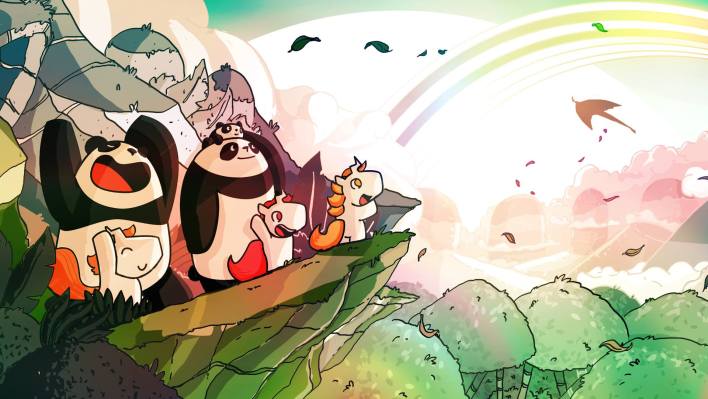Inzen, a Singapore-based mobile game developer, has raised a Series A round of $935,000 SGD (about $748,000). The company is setting its sights on China as it prepares to launch a new portfolio of titles for international markets next year. Its latest funding round, which brings the total Inzen has raised to $1,485,000 SGD (about $1,190,000) so far, was led by Japan’s Incubate Fund, with participation from returning investors Hatcher and Hans De Back. New investments came from China’s Global Mobile Game Confederation (GMGC) and angel investor Melvin Tan.
The studio’s founders got their start at Singapore-MIT Gambit Game Lab, an organization co-founded by the Massachusetts Institute of Technology and the Singaporean government to develop video game prototypes and conduct academic research about game design. Since its launch in 2012, Inzen has released Why Moolah and Game Show Warriors: Amazing Studly Strikes, both for iOS and Android mobile devices.
While China can be a highly lucrative market for game studios, foreign developers face many obstacles, including an unwieldy number of distribution channels (Google Play is not available in China, so over a hundred alternative Android app stores have sprung up to take its place), piracy, and fierce competition.
Inzen co-founder Gerald Tock says that having GMGC, which brings together mobile game developers, publishers, and distributors, as a new investor “is a crucial part of our strategy as it helps us to build stronger publishing channels for our games in China via their networks. We’ve spent the last eight months building up our network of partners in China and we’re just about to station some members of our core team in Beijing over the coming month, to forge partnerships with key players in the market.”
He adds that one of the key differences between Inzen and other gaming studios are titles its team helped develop while at the Gambit Game Lab. “All I can say for now is that we’ve secured the rights to some of the best games that we worked on in the past and we’ve been immersing ourselves in China, to launch full versions of these games in 2015.”
